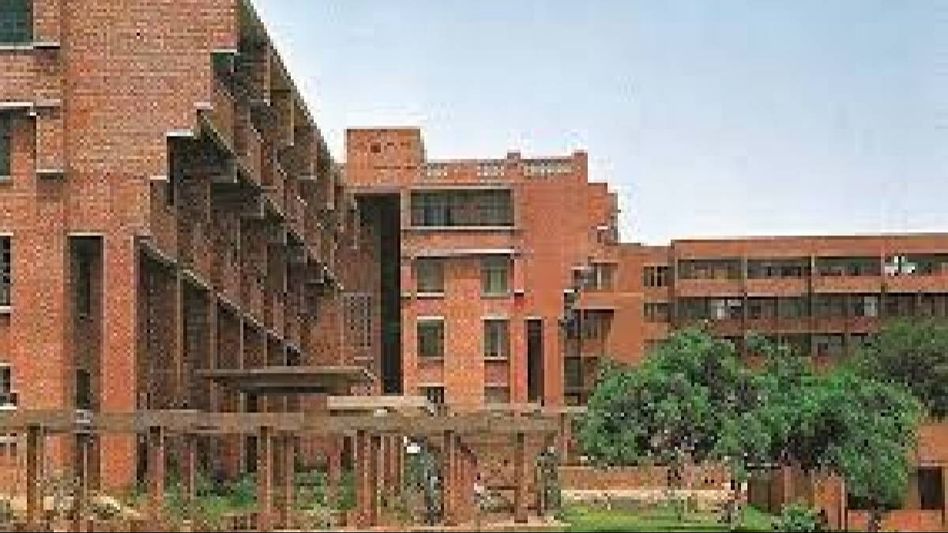JNU general body extends age limit for students' union elections
The general body of Jawaharlal Nehru University has passed a resolution to extend the age limit for candidates in the students' union elections. This move aims to address the halt in elections caused by the COVID-19 pandemic and to include students who surpassed the previous age limits.

The Jawaharlal Nehru University's (JNU) general body has passed a resolution to extend the age limit for candidates contesting the students' union elections. The decision allows students who did not meet the age criteria to participate in the upcoming JNU Students' Union (JNUSU) polls.
According to the Lyngdoh Committee recommendations the prescribed age limits for JNUSU candidates are 17 to 22 years for UG, 25 years for PG, and 30 years for PhD candidates. The extension of two years is seen as an effort to address the prolonged stall in student union elections due to the COVID-19 pandemic.
The University General Body Meeting (UGBM) unanimously approved the resolution during its recent session. The decision aims to rectify the exclusion of students who exceeded the age limits recommended by the Lyngdoh Committee for the past four consecutive years.
The document released by the university on Monday night highlighted that the move is intended to ensure that students who have been deprived of their right to contest JNUSU elections, get an opportunity in the upcoming 2023-24 polls.
The decision comes after disruptions in the UGBM earlier marked by clashes between RSS-affiliated ABVP and Left-backed groups. In addition to the age limit extension, the meeting also passed a resolution to include two JNUSU office bearers in presiding over school general body meetings in the absence of elected councillors. The school GMB will further elect members of the election commission responsible for declaring the JNUSU poll results.
This decision is a significant step towards promoting inclusivity and ensuring that all eligible students have the opportunity to actively participate in the democratic process of the students' union elections.
Copyright©2025 Living Media India Limited. For reprint rights: Syndications Today









